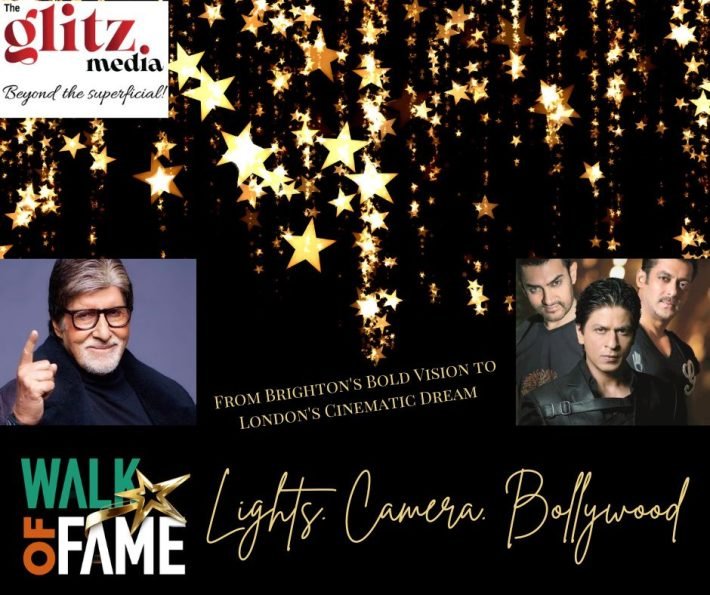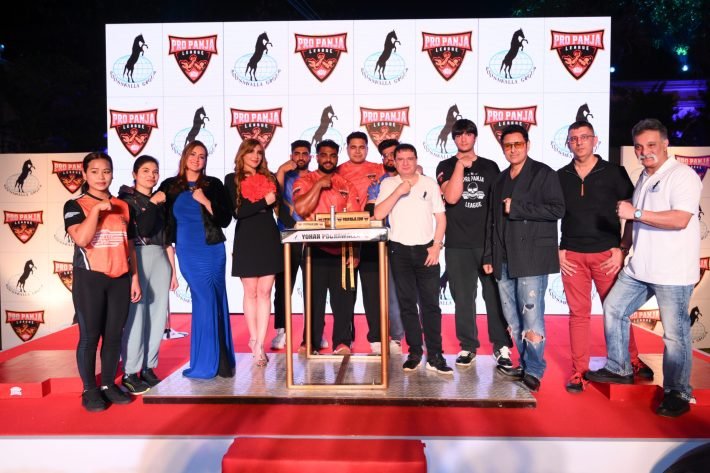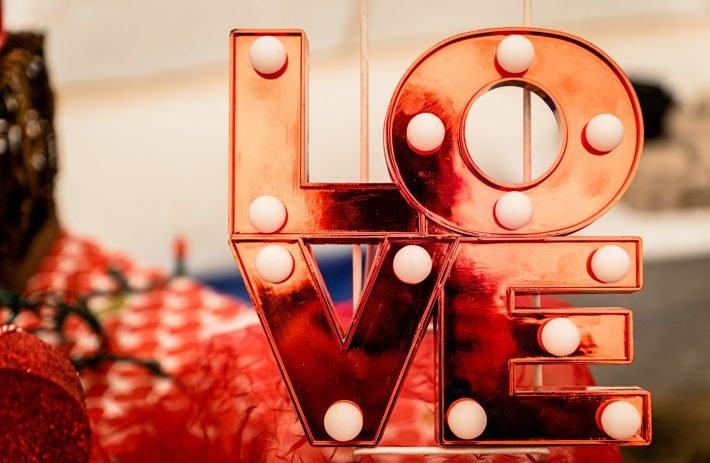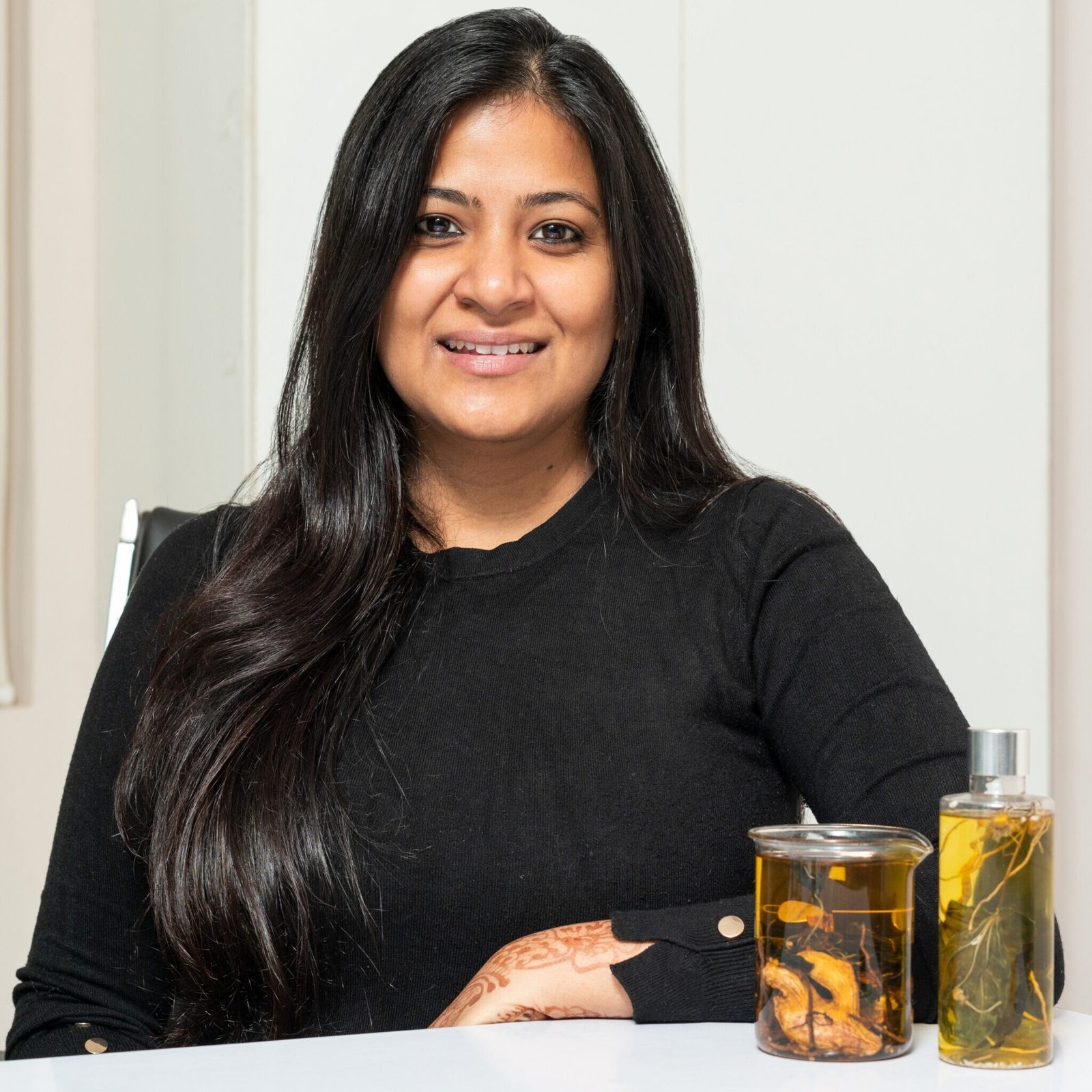Karan Johar, Unplugged!
In a moving and revealing conversation with renowned journalist Barkha Dutt at the UK edition of We The Women 2025, held at the Anil Agarwal Riverside Studios in London, filmmaker Karan Johar brought the house to quiet reflection and thunderous applause with his raw honesty. Known for his glossy cinema and flamboyant charm, KJo, the big daddy of Hindi Cinema stripped away the layers of celebrity to speak as a father, a son, a once-wounded child, and a man still navigating the complex terrain of love, loss, and online hate. TheGlitz reports…
Karan Johar Opens Up: The Cruelest Comment
The conversation took a deeply personal turn when Karan Johar recalled a comment that left him shattered. “‘Do you realise you have denied your children a mother?’” he shared. “That broke my heart.” A silence fell upon the auditorium as he paused, clearly emotional. “That made me question being a single parent.”

The filmmaker, who became a father to twins Yash and Roohi through surrogacy in 2017, explained that despite feeling deeply fulfilled in his role as a parent, that one comment made him second-guess everything. “One morning I just broke down, went into their room and looked at them and asked them, ‘Are you happy?’ They said, ‘We are very happy because you are our Dada.’”

In those innocent words, he found not only reassurance but a quiet validation. “I believe very strongly that I have enough love in me for both of them,” Karan Johar said, his voice steady with purpose.
On Nepotism and the Weight of Privilege

Addressing the ever-persistent narrative of nepotism, Karan Johar acknowledged his role in shaping the discourse. “A word got launched on my show… the stunning word called ‘nepotism.’”
But KJo, being the candid man he is, didn’t shy away from accepting the reality of privilege.
He said, “There are so many born to it, and we do have the first mover advantage. We must admit it… but also know that you cannot stick around if you don’t have what it takes.”
There was no defensiveness in his tone, only honesty, when he spoke about negative comments and trolls he receives. Karan Johar smiled, “Imagine doing something and nobody talks about it. Thank God, they aren’t indifferent. I must really annoy people… how fabulous is that?”
He added with his trademark smirk, revealing the steely humour that often cushions his more vulnerable truths. “Negativity travels online,” he noted. “But maybe silence is worse.”
A Late, But Fierce Love for Fatherhood
Speaking about the journey that led to fatherhood at the age of 44, Karan Johar said, “There was a part of me that kept waiting for love. I know if it happens or it doesn’t, we can’t keep waiting for it forever.” His desire for a family outgrew his wait for romance.
He conceded, “At some point I was like, I do want to be a parent. I got all the help and medical assistance… and thank God for the marvel of medicine.”
Yash and Roohi, he said, gave his life a new centre of gravity. “They’re my everything.”
Growing Up ‘Different’

Reflecting on his own childhood, Karan Johar painted a picture that many can relate to, but few speak of. “I was raised by stable, sorted, and very much in love parents. Nowhere was I made to feel unusual as a boy,” he shared. “But the world outside said things that hurt me.”
He recounted one incident that lingered. “There was a man who told me, ‘You sound like a girl. Develop a sound baritone. This will not hold you well in the world.’” So, he joined voice training classes for three years… but told his father he was learning computers.
That internalised shame, masked in self-improvement, reveals how society often conditions boys to mute their individuality. And yet, today, that same boy is one of India’s most influential cultural voices.
More Than a Filmmaker

At We The Women, Karan Johar didn’t just show up as a celebrity… he arrived as a human being, in all his complexities. Vulnerable, funny, self-aware, and wise, he reminded everyone that parenting, identity, and love are not one-size-fits-all journeys.
So what does he tell his children? Karan Johar emotionally said, “I told them, you come from Dada’s heart.”
…And from that same heart, he continues to lead… with grace, grit, and an unwavering belief in love.













